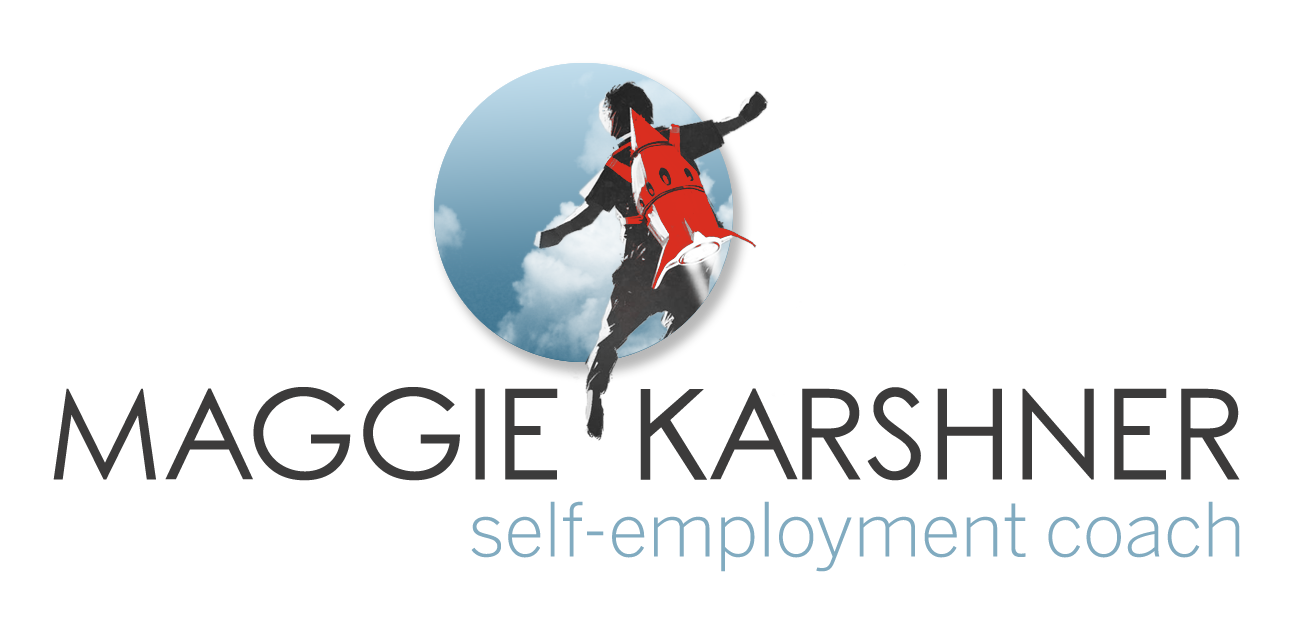Creating a Business as a Spiritual Practice
/Photo by Julia Caesar on Unsplash
Recently I was at a spiritually based event and I was chatting with one of the attendees. She asked what I did, and then attempted to reflect that back to me, but she struggled on one word: business. It was as if she didn't want to use that term, as if it was too dirty for the spiritually connected space we found ourselves in.
I understand the source of her struggle. There is a very real dark-side to capitalism that dehumanizes us. We become a commodity, only valued for our ability to work and produce. In truth we are so much more, and so much more valuable than what the market will pay for our energies. These two forces are in opposition and it can feel like only one or the other can exist at any particular moment. However, I think a more successful approach is to weave one's values and respect for humanity into the fiber of business. When we can achieve this, we will be on our way to finding balance between elevating all people while also thriving in our own lives and businesses.
Let's start this by deconstructing business. Business, at it's heart, is an exchange of energy. Think back to the days of a barter system. I put my energy into raising and milking this cow, and you put your energy into knitting that scarf, and we're going to trade so that we both have milk and scarves. There's an intrinsic respect that comes with that exchange because I'm acknowledging that your work is equivalent to my work. There's also an intrinsic caring: I want you to have food, and you want me to have warmth. Currency and capitalism have created a lot of distance from this basic transaction, but that transaction is still there.
And there's the rub: how do we stay connected to the humanity of business, rather than the exploitation of disconnected capitalism? While there are no easy answers, it's clear that this is a worthwhile challenge for everyone who is self-employed, everyone who operates a business, every activist, and everyone who holds a seed of spirituality. (I can make that list shorter: EVERYONE.)
The challenges of business are vast - possibly infinite - and this one is hugely important for the well-being of humanity. It's also the first to be thrown away by conventional business wisdom. Even personally, I've found myself in situations where I feel deeply connected to humanity and some deeper truth about existence, and then as soon as I'm back to work and there's a challenge in my business that feeling vaporizes. It's replaced by worries of business success, worries about getting "enough" clients, or impostor syndrome-like feelings of inadequacy. One solution to these worries is to connect with something larger than oneself. Connecting to something larger isn't just healthy for humanity, it can also be vital to enjoying our business ventures.
And connecting with something larger IS good for business. When I look back at the history of the salesman, it started with dehumanizing depression era sales tactics: "say anything to make that sale!" By the end of the 20th century people were fed up with sales tactics and relational sales strategies started popping up in response. Relational sales basically teaches salesmen how to treat their prospective customers like people first. Relational sales tries to instruct people in how to be more human. More and more I'm seeing sales and business thought leaders advocating for more and more humanized approaches.
And yet, these humanized approaches are still constructed; it's a facade sales people are taught to construct and as consumers we can still see through the construction. Simpler than constructing the facade of being a good person, what if we just become good people who are connected to something larger than ourselves? Rather than constructing a facade, peel back the layers to find our own good nature and our own connection to humanity and a larger whole. This journey inward is it's own business strategy, and at some point all those business gurus will realize that you can't simply pretend to be a good person.
Being a good person and staying connected to all the pains and joys of humanity is a difficult task. Our values come from within each of us, so we can't pay someone to tell us how to be a good person. And we can't outsource our own spiritual development. Business thought leaders might advocate for more and more humanized approaches to business, but they can't take a journey inward for you, so we each must take some time to look inward. As a business coach I'm well equipped to facilitate one's inner journey. While there are no easy answers, there is value in the journey, and every attempt is also a success.
Whatever your values are or whatever religion you ascribe to, the important part is to LIVE our values in our lives and businesses. We must find mental anchors to help us bring them to mind at key points. We need to cultivate practices that keep our values in the forefront of our mind, and that help us connect with something larger than ourselves regularly. We must strive to be our best self (however your define that) and strive to make our businesses a reflection of your best self. If our capitalism was full of every business owner's attempt at their best self, we'd be living in a very different, very improved world.




